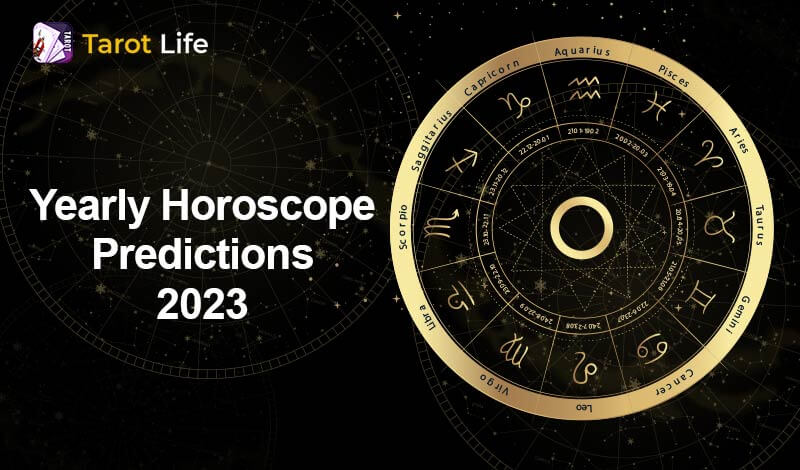Astrology always comes to the rescue during times of suffering, sometimes as a guide ahead and sometimes as a healer and that’s the sole reason why it is classified as an art and as a science. Astrology is defined by two different criteria- The Vedic astrology and the Western Astrology.
For a very long time now, the debate on the accuracy and the use of techniques in Vedic and Western astrology is in motion. Both, Vedic astrology and Western Astrology differ not only in how and where they originated but also in other fundamental ways and methodologies. The common point for both the techniques remains the same- to provide guidance for eliminating problems and to boost happiness.
The Origin of Vedic Astrology and Western Astrology
Vedic astrology got its name from the principal scripture in the world- The Vedas. The origin of Vedic astrology can be dated back to thousands of years when the ancient sages of India practiced the art of studying the planets and other celestial bodies.
The Western Astrology, on the other hand, is developed by the ancient Greek under the influence of the Egyptian culture. Hence, western astrology is the end result of the evolving intellect and exploration in western culture.
The difference between Vedic astrology and Western astrology can be explained on the basis of two main categories-
The difference in the fundamental approach and the difference in the methodologies.
Fundamental Distinction Of Vedic Astrology And Western Astrology
 Vedic astrology and Western astrology can be differentiated on the basis of the fundamental differences like the use
of zodiac signs, housing system, planets and their ruling signs, aspects and orbits.
Vedic astrology and Western astrology can be differentiated on the basis of the fundamental differences like the use
of zodiac signs, housing system, planets and their ruling signs, aspects and orbits.
The use of zodiac signs forms the basic difference between the two types of astrology.
Vedic astrologers make use of the Sidereal Zodiac on the basis of the positions of the stars in the sky while the western astrologers utilize the tropical zodiac determining the start of signs with the Sun’s orbit around the Earth.
Western astrology uses both equal-sized and unequal houses since they use a house system which places the Ascendant degree at the starting of the first house, while in Vedic astrology, uses the complete sign houses, in which the Ascendant falls at any degree in the first house, and every house contains only one sign.
Another major point of difference in the western and Vedic astrology is that the former makes use of all the major planets like Uranus, Pluto and Neptune, while the latter only follows the visible planets.
The western astrology uses a combination of the major five geographical aspects- sextile, conjunction, square, opposition and trine while the vedic astrologers implement a completely distinguished approach.
| Zodiac Signs | |
| Vedic Astrology | Focuses on Sidereal Zodiac, based on the real positions of the stars in the sky. |
| Western Astrology | Focuses on Tropical Zodiac, in which the sun’s orbit of the Earth determine the beginnings of the 12 signs. |
| House System | |
| Vedic Astrology | The ascendant falls at any point of the first house |
| Western Astrology | Ascendant falls where the first house begins. |
| Planets and ruling signs | |
| Vedic Astrology | Uses only the visible planets. Attributing rulership of Aquarius to Saturn, Pisces to Jupiter and Scorpio to Mars. |
| Western Astrology | Uses all major planets like Uranus, Neptune and Pluto attributing to Aquarius being ruled by Uranus, Pisces being ruled by Neptune and Scorpio being ruled by Pluto. |
| Aspects and Orbits | |
| Vedic Astrology | Uses associations of planets in the same house and aspects any planet in the house with the opposite house. |
| Western Astrology | Uses five geocentric aspects- Conjunction, square, trine, sextile and opposition |
Difference In The Methodologies Used In Vedic Astrology And Western Astrology
 Discussing the methodologies of the Vedic and Western astrology, the differences are wide, owing to the fact that
they both originated at different times and different places.
Discussing the methodologies of the Vedic and Western astrology, the differences are wide, owing to the fact that
they both originated at different times and different places.
Western astrologers classify houses on the basis of the elemental associations and the angularity of the houses, while in the Vedic astrology, the classification of houses is done on the basis of a multitude of criteria- improving/ no improving, good/bad, trikonas, kendras and marakas.
Another major difference in the methods of Western astrology and Vedic astrology is how they portray the strengths and weaknesses of the different planets. The Western astrologers consider the retrograde planets as weak, whereas in the Vedic astrology, planets in retrograde are considered to be strong. The reason behind this is that in Vedic astrology the planets that appear bright and large in size are assumed to be strong and the planets in retrograde are in the closest approach to the earth, hence appearing large and shining bright.
There is a wide spectrum of differences between the Vedic and Western astrology, but that doesn’t affect the accuracy or the importance of any of these two types of astrology.
| Classification of houses | |
| Vedic Astrology | Classify houses based on multiple criteria- Kendras, Trikonas, Marakas, Good/Bad, Improving/not improving and many more. |
| Western Astrology | Classify houses on the basis of their angularity & their elemental associations |
| Strengths and weakness of the planets | |
| Vedic Astrology | Interprets planets in retrograde as strong |
| Western Astrology | Interprets planets in retrograde as weak |
| Additional methods used for analysis | |
| Vedic Astrology | Uses Vimshottari Dasha system as predictive method |
| Western Astrology | Uses transits of the outer planets as the predictive method |
| Lunar Mansions | |
| Vedic Astrology | Uses Nakshatras (Lunar Mansions) for dasha calculation and auspicious timings |
| Western Astrology | Rarely used in Western astrology |
| Synastry | |
| Vedic Astrology | Compatibility test is performed by exploring the partner’s lunar attributes on the basis of Moon positions, in addition to the navamsa chart. |
| Western Astrology | Compatibility test is performed by analysing the houses of the partner’s for placement of planets. |
Astrology is a science, which has been interpreted and used differently by people of different cultures and yet the importance of astrology cannot be denied. Astrology is a wide subject including the birth chart reports, timeline reports- the daily, weekly, monthly or yearly life predictions, and love compatibility.
The new age Millenials use astrology along with numerology and tarot card reading to gain deeper insights into their lives to move confidently on the journey of success and prosperity.




